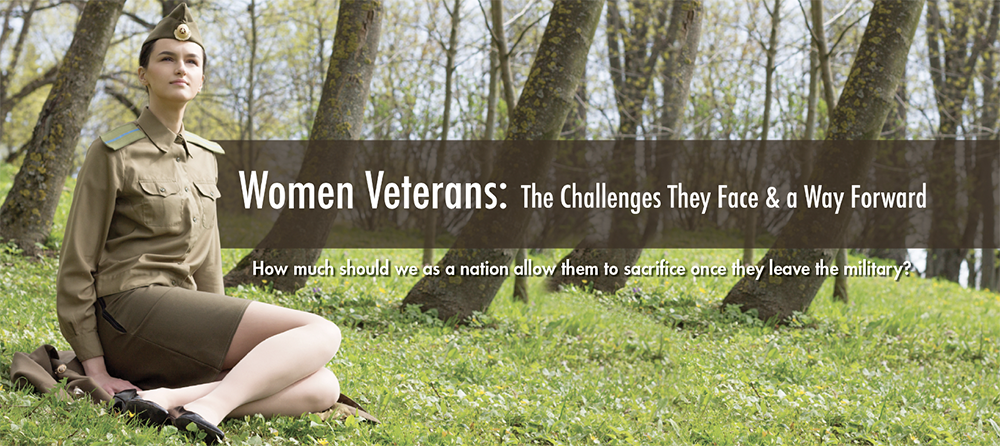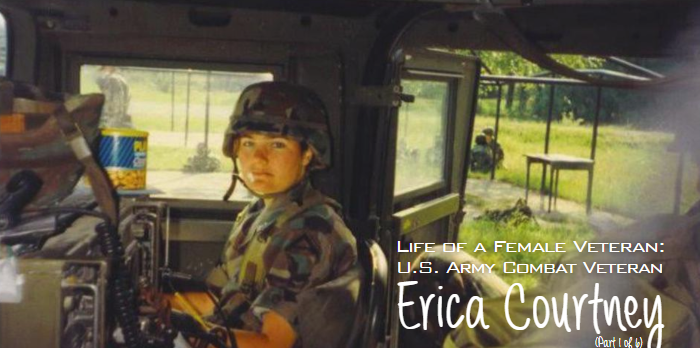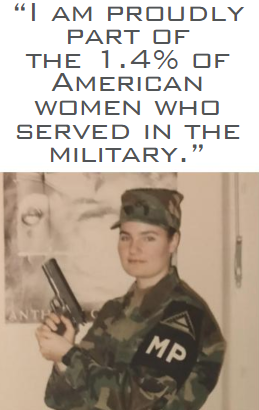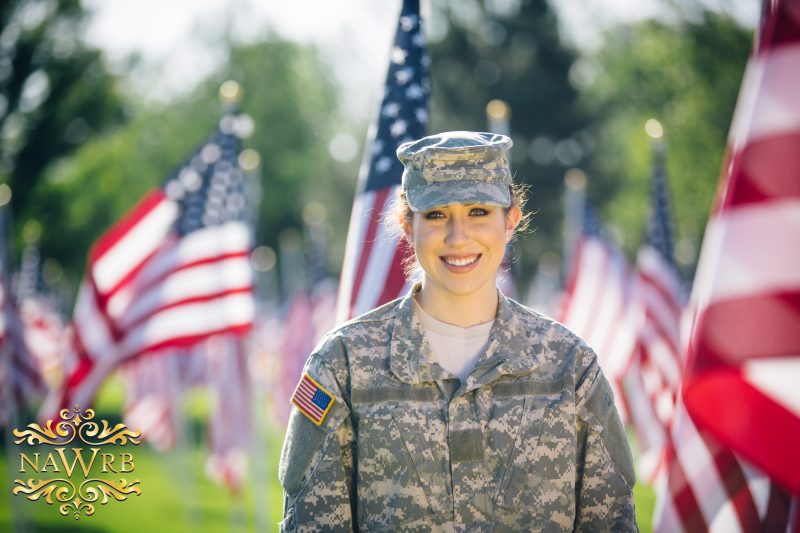
WHER Chat: Veteran-Owned & Women-Owned Businesses
In honor of V-J Day, commemorating the end of World War II and the bravery of our veteran soldiers, NDILC member Erica Courtney, President of 2020vet and Zulu Time, U.S. Army Aviation, Major NATO Gender Advisor, highlights serious resource shortfalls for America’s women veterans face as entrepreneurs that the nation must be prepared to face in the near future in our 2020 NAWRB WHER, Volume III: Business Ownership.
Veteran women entrepreneurs possess traits that make them ideal business owners. Due to military training and knowledge, veterans are dependable, conditioned to make hard decisions, have integrity, take initiative and can adapt easily to challenging and evolving situations—all characteristics of a successful business owner. These women may see entrepreneurship as a means to prosper on their own terms by being their own boss.
This is a great time to be a woman veteran entrepreneur as we are the fastest-growing segment within the entrepreneurship community increasing by an astonishing 296 percent since 2007. Some of the reasons include a slight increase in women veterans; they are building businesses out of necessity; 40 percent of veterans are going into business for themselves as compared to the 10 percent Vietnam era entrepreneurs; more veterans have disability ratings than in wars past due to technology and better equipment; recent positive legislative changes; demand for third party corporate certification; and more available resources in terms of capital, education, and counseling.
It is important to note that despite the hurdles, veteran business owners have proven to be twice as successful in terms of revenue and business longevity, are twice as likely to hire other veterans, and contribute over $1.14T in sales receipts, $195B in annual payroll and employ over 5.03M employees. In 2012, veteran women-owned businesses were responsible for nearly 20 billion in receipts – an increase of 26.3 percent since 2007.
Veteran women continue to serve the United States by reinvesting and devoting themselves to the future, not through military service but through entrepreneurship. They are no stranger to hurdles and overcoming barriers as many dealt with this routinely while serving in a male-dominated profession. They are strong, smart, and driven, but we must understand specific challenges they face so we can help them be successful.
Through entrepreneurship, many of the issues the community faces subside. Instead of masking the problem through medication prescribed at record rates, healthcare systems trying to keep up with a new demographic, and job placement programs in which the majority of veterans quit by year two, let’s put our efforts towards something that is working. It is not only a moral imperative that we take care of them but an economic one as well.
Find out more about NAWRB and how you can get involved and be a partner here!
About 2020 NAWRB WHER
The NAWRB Women Housing Ecosystem Report (WHER), our annual research report, provides the vision to revitalize communication and partnerships between industries as we work together to form mindful strategic solutions for social impact with a gender lens achievement. The 2020 NAWRB WHER includes the most diverse coverage of the Housing Ecosystem with almost eighty resources in six volumes: Diversity, Equity & Inclusion; Real Estate; Business Ownership; STEM; Access to Capital; and Aging Population. While waiting for the release of 2020 WHER, order a copy of the 2019 NAWRB WHER here!

 Login
Login



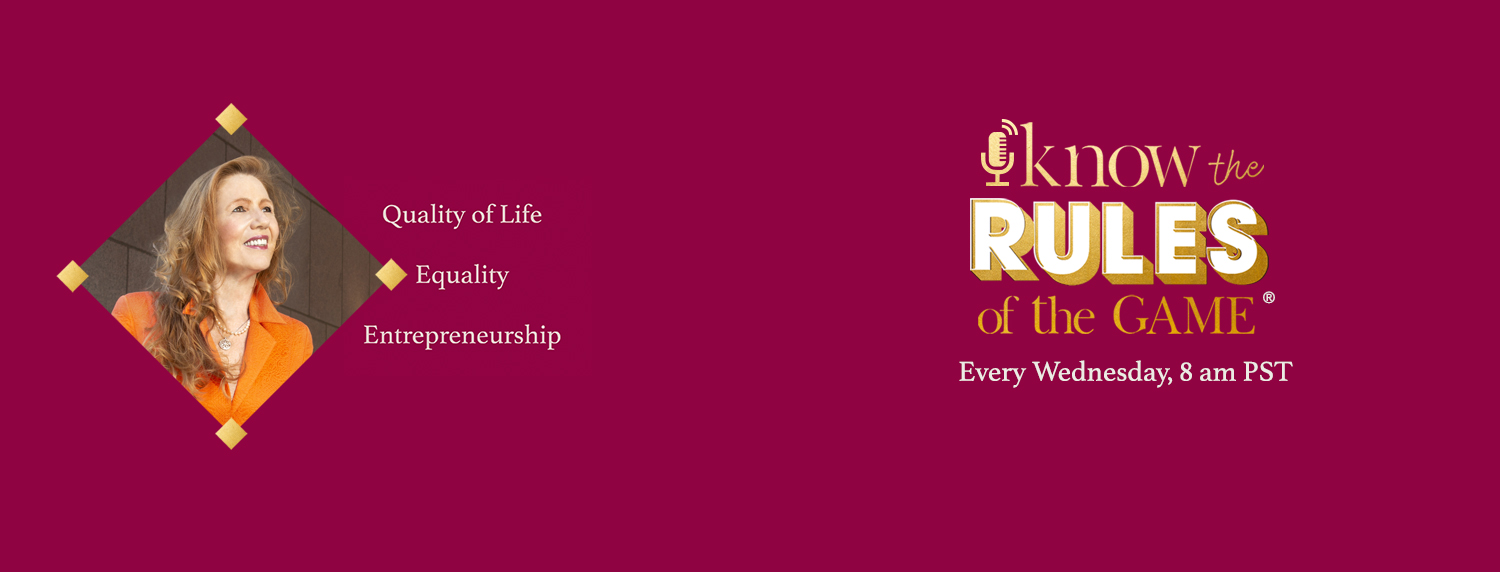
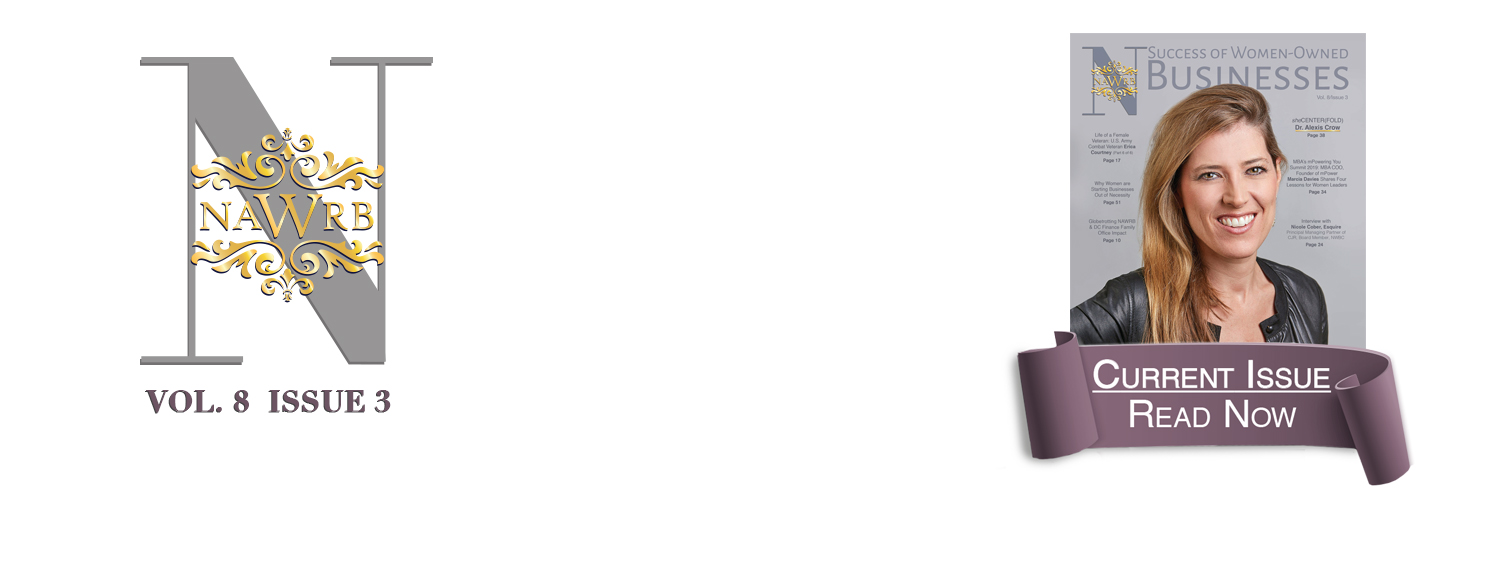












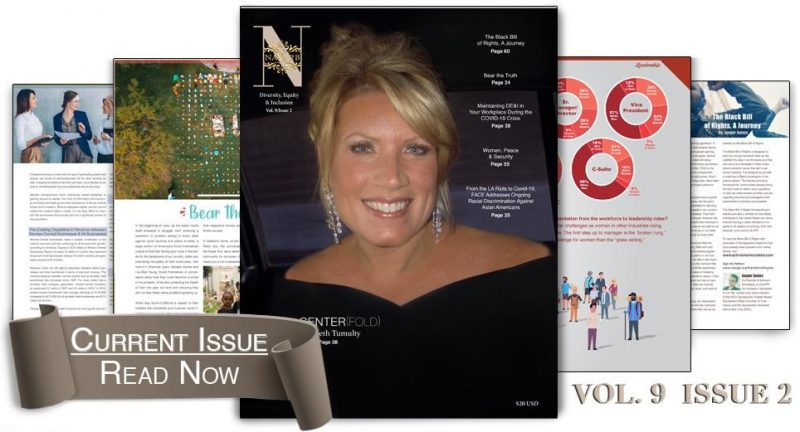
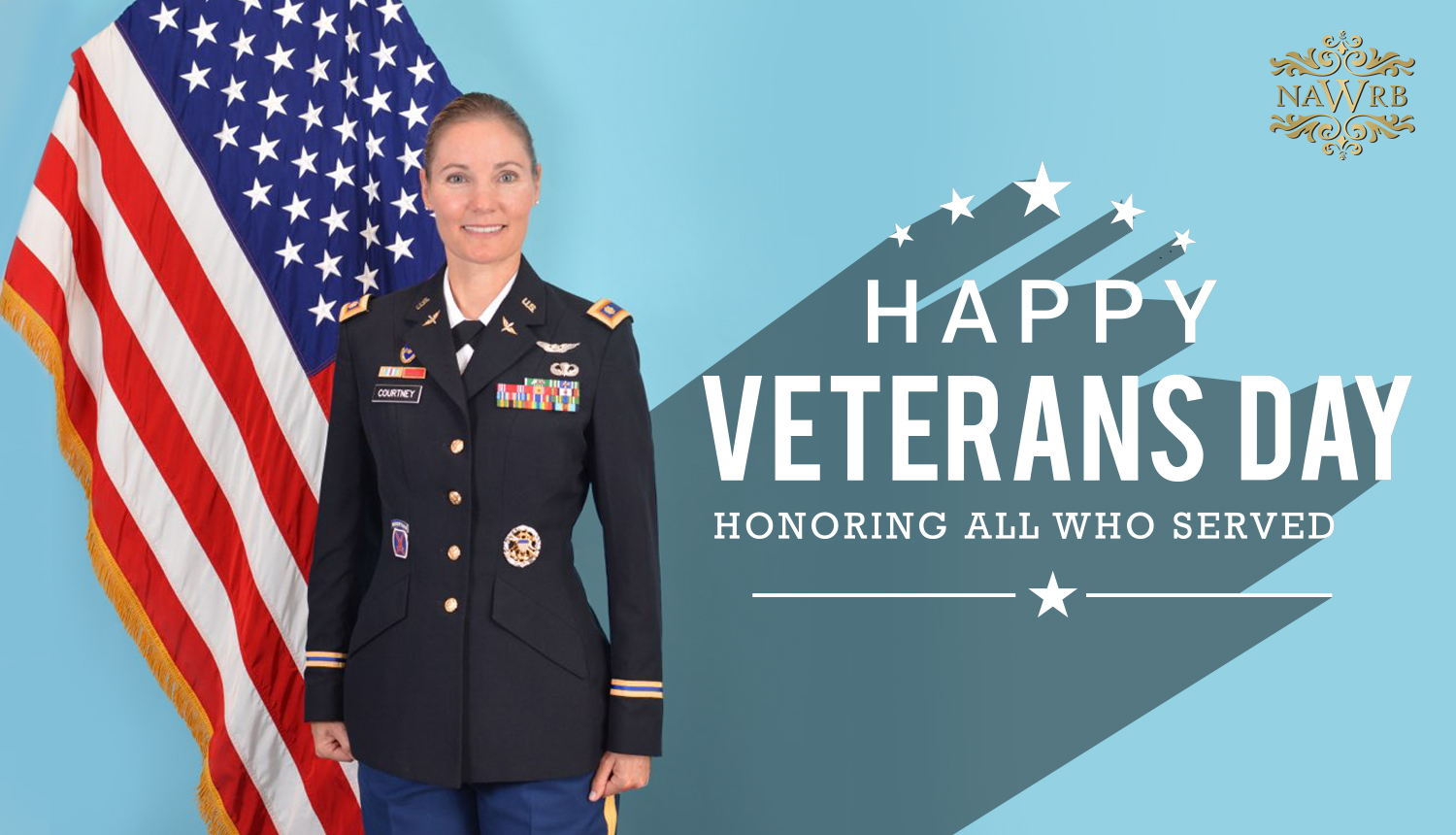
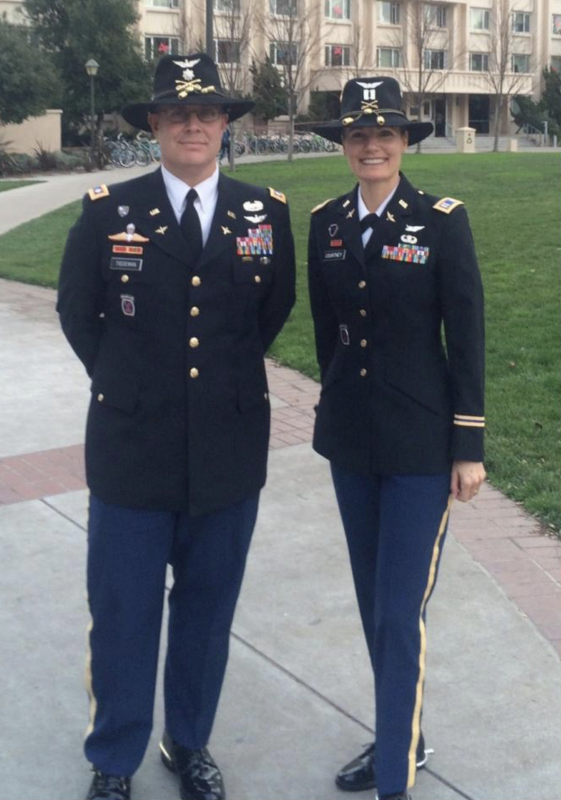

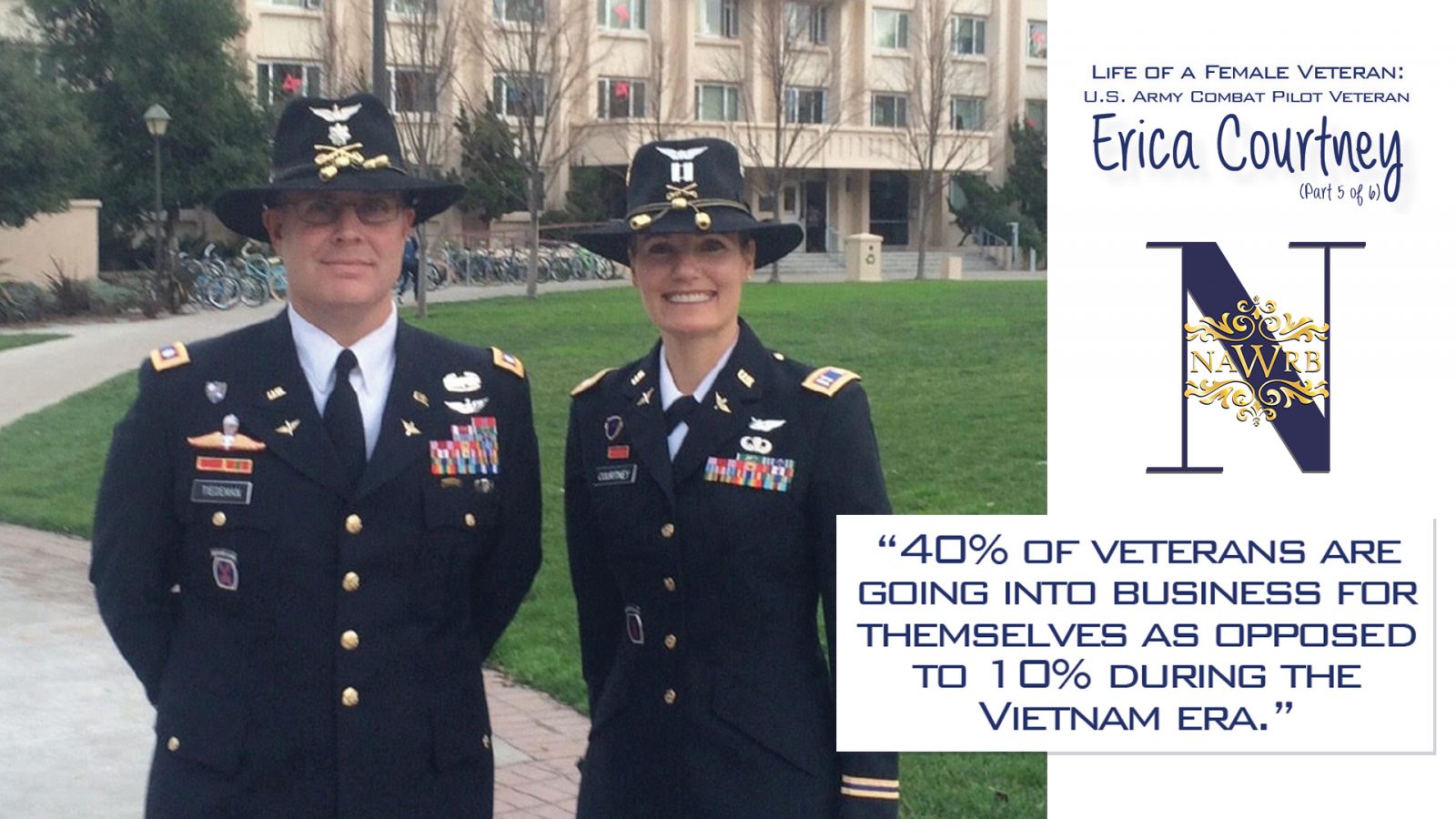
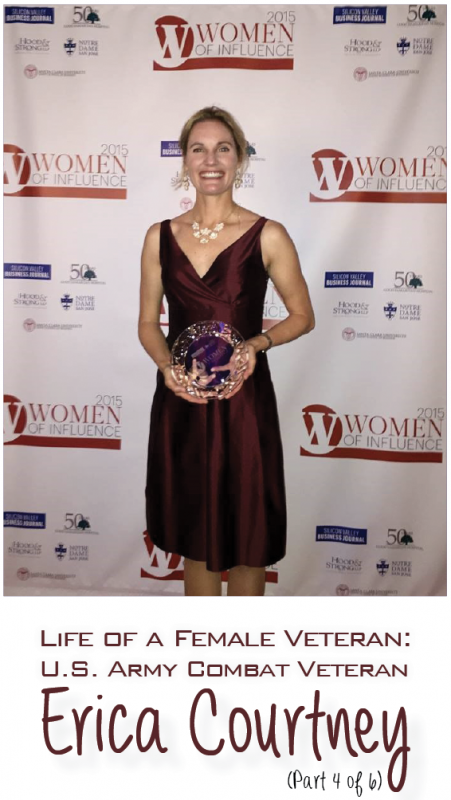 With my EMBA close to completion, I was offered a senior level job at a logistics company in Miami. They needed me to lead and grow the government market. Even though I kicked and screamed about being pigeon-holed in logistics and contracting, it sure was a marketable skill. I used to buy everything, from BBQs and sunglasses to furniture and aircraft armor. I worked with the contracting officers and comptrollers who handle the big budgets routinely when I had to equip my units in the U.S. or abroad. Now companies wanted to know how to get to the person I used to be.
With my EMBA close to completion, I was offered a senior level job at a logistics company in Miami. They needed me to lead and grow the government market. Even though I kicked and screamed about being pigeon-holed in logistics and contracting, it sure was a marketable skill. I used to buy everything, from BBQs and sunglasses to furniture and aircraft armor. I worked with the contracting officers and comptrollers who handle the big budgets routinely when I had to equip my units in the U.S. or abroad. Now companies wanted to know how to get to the person I used to be.